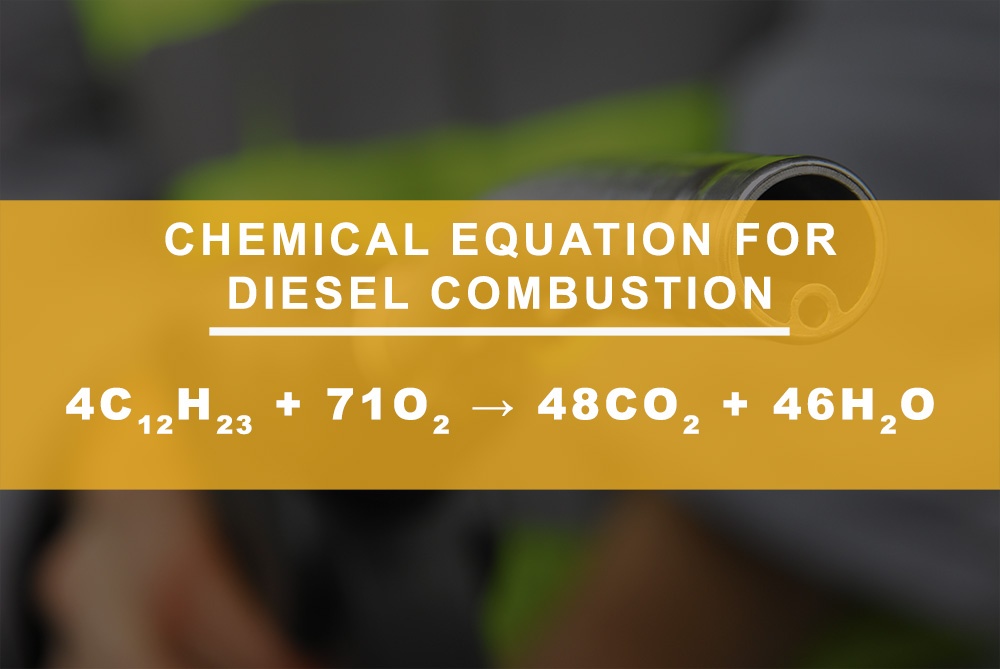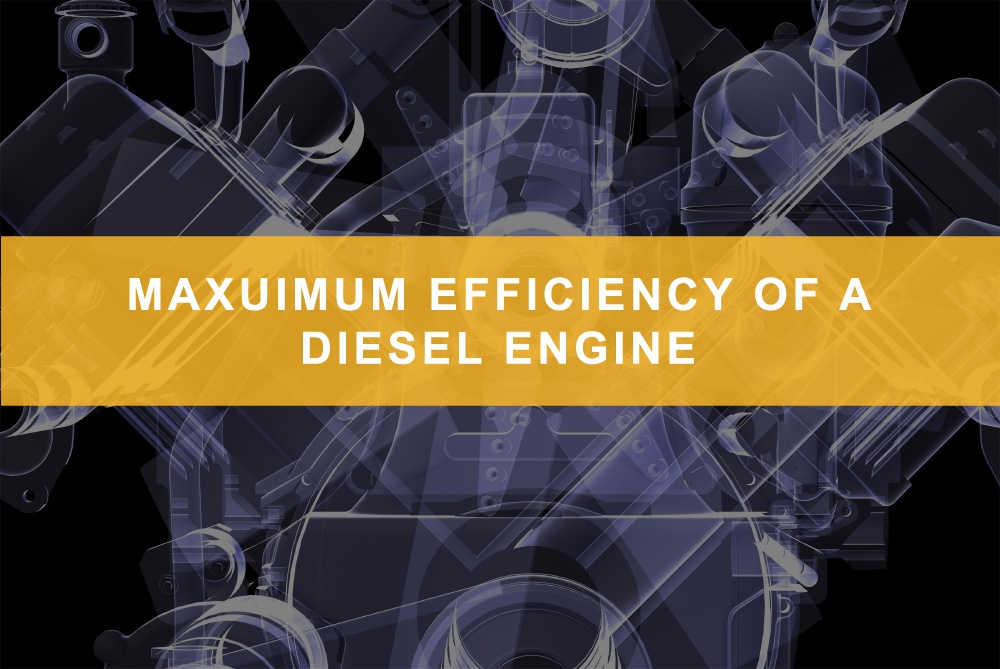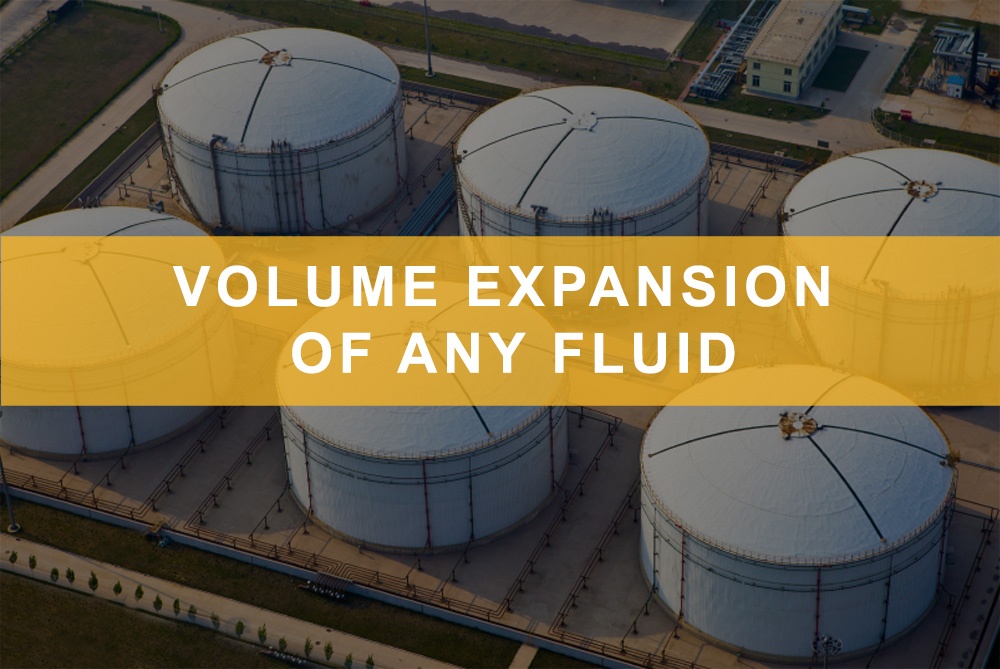Equations of Diesel You Must Know

Diesel is one of the most widely used substances on the planet, as it is used to power lorries, HGVs, and even sea vessels. Diesel is retrieved from the fractional distillation of crude oil, but there are a lot of hidden secrets that surround this peculiar substance.
As one of the leading modern fuel management system companies in the UK, we believe it is only right that our customers are fully informed when it comes to how diesel works in your fleets’ engines.
Here are a couple of physical equations that have helped people understand the importance of diesel and how it affects vehicle performance.
The Chemical Equation for Diesel Combustion
Diesel is a volatile substance that consists of hydrocarbon and because of this, it is important to understand how it reacts in certain environments. The chemical reaction that diesel undergoes occurs deep within the engine compartment, where the pistons and cylinders are situated.
The reaction consists of the compression and expansion of air and fuel within the cylinder, but there can be unburnt fuel present within the cylinder, which means that the amount of energy that is produced during combustion is lower than it should be.
In the graphic below, we have outlined the chemical equation for diesel combustion:

The Maximum Efficiency of Diesel Engines
Efficiency is one of the most important aspects of any engine, as it governs how much energy an engine produces compared to how much energy it uses. Fuel efficiency is also one of the most important aspects of a fleet manager’s role, as they are expected to keep their fleet operating on as little fuel as possible throughout the year.
To calculate the maximum efficiency of diesel engines, we use the following equation:
In this equation, r represents the compression ratio, which is the ratio of the maximum to the minimum volume inside a cylinder, α represents the ratio between the end and start volume of the combustion process, and γ is the ratio of the specific heat capacities of the fuel.
Because diesel has a relatively high compression ratio, it means that diesel engines are more efficient than other types of engines on the market, such as petrol. This is the reason lorries and HGVs tend to have diesel engines, as they require less fuel to achieve the same results compared to other fuel types. This makes diesel ideal for fleet managers who are looking to get the very most out of their fuel at all times.
The Volume Expansion of Any Fluid
When a solid or a liquid experiences a temperature change, its volume changes respectively. This is known as thermal expansion, and it is given by the following equation:
In this case, ΔV is the change in volume that a fluid experiences, β is the volume expansion coefficient, V0 is the initial volume of the fluid, and ΔT is the change in temperature. This equation extremely important to fleet managers, as it can lead to various discrepancies in fuel management and transport.
For example, if you are a lorry driver and you have filled your fuel tank to the maximum capacity, for the sake of this example, lets say, 200L, then you need to know that driving in hot conditions can change the volume of the diesel in your vehicle.
For diesel, the volume expansion coefficient is 9.5 x 10-4 °C-1, so if the temperature changes by 10°C, then the volume change will be just under two litres. This can cause the fuel tank to overflow, meaning that you have lost precious diesel. So, be aware of your surroundings and keep an eye on the temperature outside, especially if you have a full tank of fuel.
To keep a closer eye on everything that is happening with your fuel, we would strongly recommend investing in a fuel monitoring system so you can easily keep a track of your fuel stocks at all times.
As you can see, there’s a lot of science regarding fuel, so it’s vital to make sure that everything is understood, just in case there is an issue and you know how to solve the problem. At Fueltek, we understand everything that goes into our fuel management systems, even down to the fuel that goes into them!
Our staff have years of experience, so you’ll be safe in the knowledge that they can take care of your fuel management system when it comes to the installation process. If you have any questions regarding our systems, then please don’t hesitate to contact us today on 01254 291391; our friendly members of staff will be more than happy to help.












